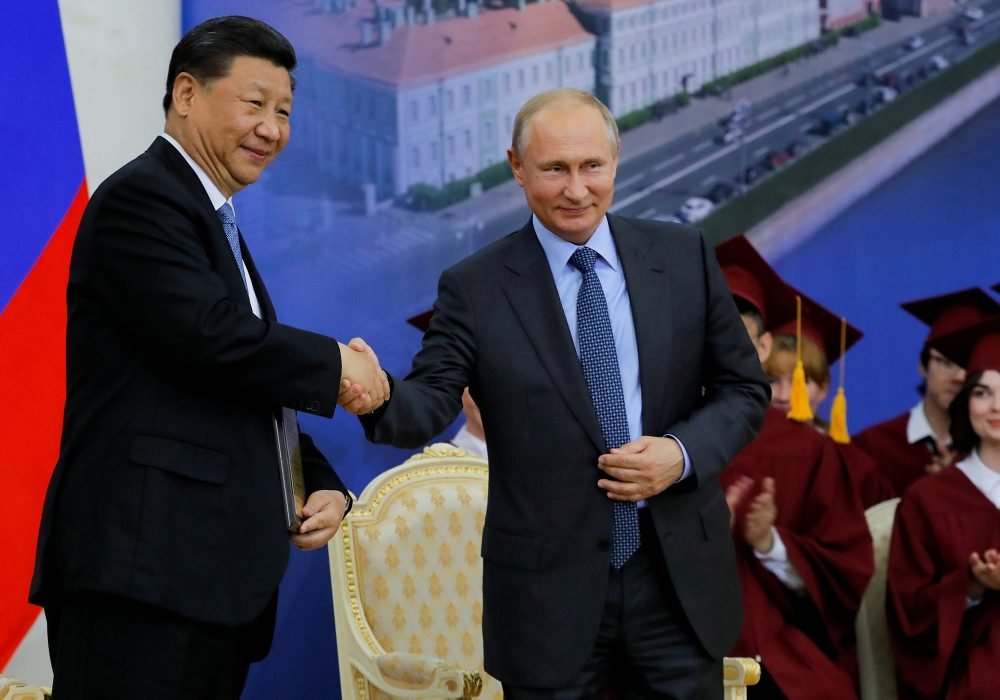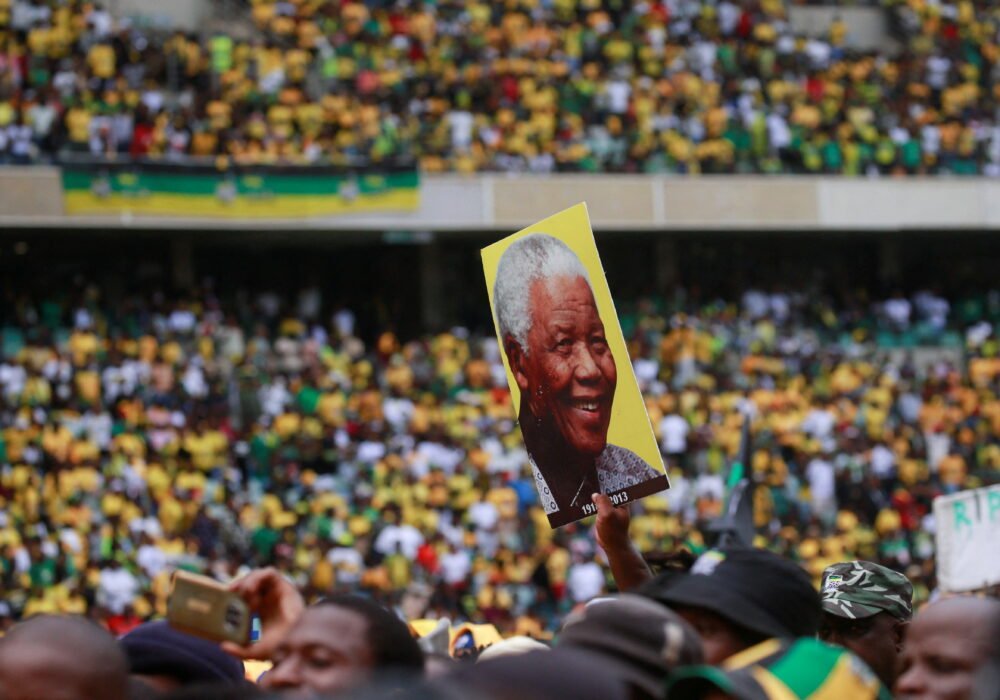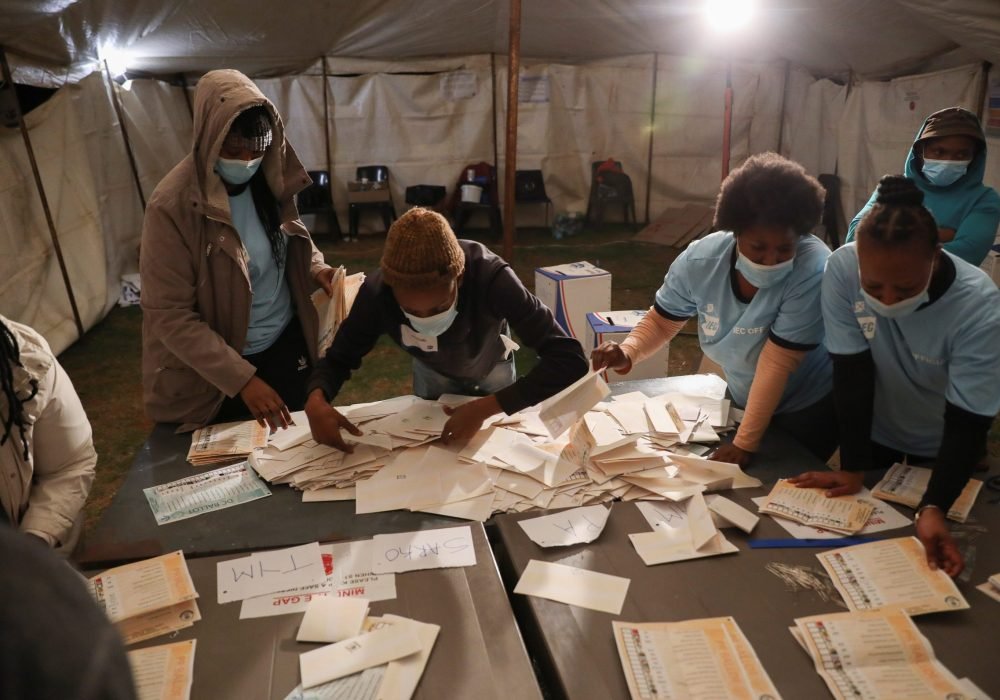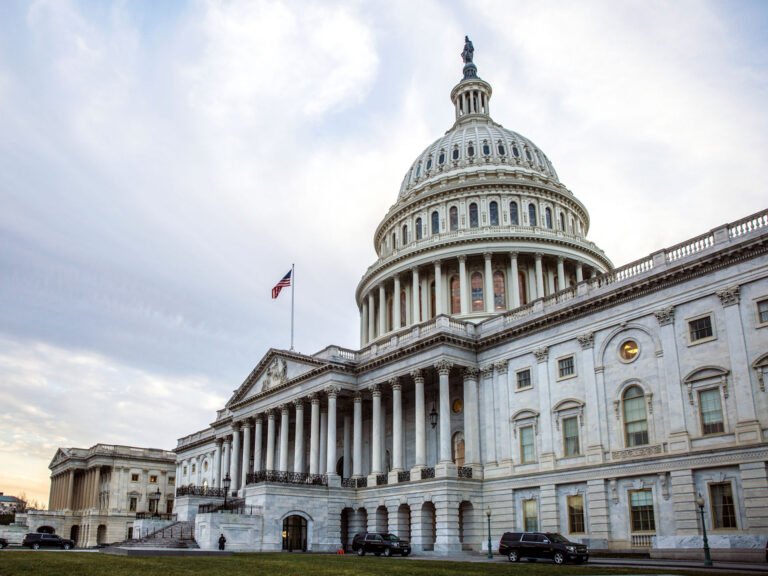In every thriving democracy, political debates and opinions form the beating heart of public discourse. They shape government policies, inspire civic action, and influence how citizens perceive justice, equality, and progress. From the fiery exchanges in parliament to the passionate discussions on social media, debates give life to democracy — turning passive citizens into active participants in national decision-making.

🗣️ The Role of Political Debate in Society
Political debates are not merely arguments between politicians; they are platforms for ideas. They allow contrasting visions of governance to clash openly, giving people the chance to evaluate which path serves their interests best.
Debates encourage transparency and accountability. When political leaders are questioned about their promises, policies, and past performance, it ensures that the government remains answerable to the people. Whether in televised debates, legislative assemblies, or digital town halls, these discussions push leaders to clarify their priorities and justify their actions.
Furthermore, political debates act as an educational tool. They help citizens understand complex issues — such as economic reforms, foreign policy, healthcare, and education — from multiple perspectives. This not only builds awareness but also strengthens democratic literacy.
💬 The Power of Public Opinion
In the digital age, public opinion has become more powerful than ever. Platforms like Twitter (X), Facebook, and YouTube allow ordinary people to express their views instantly, influencing political narratives in real-time.
Opinion polls, surveys, and social media trends now play a central role in shaping political agendas. Governments monitor these platforms closely to gauge public sentiment, while opposition groups use them to rally support or criticize policy decisions.
However, this new landscape also has challenges. While digital platforms amplify voices, they also spread misinformation and create echo chambers — spaces where people only hear opinions that align with their own. This polarization can weaken constructive dialogue and make compromise harder to achieve.
⚖️ Debates as a Measure of Political Maturity
The quality of political debate reflects the maturity of a nation’s democracy. In societies where dissent is tolerated and encouraged, debates lead to better policymaking. Citizens learn to evaluate arguments critically, and political leaders are motivated to raise the standard of discourse.
On the other hand, when debates turn into personal attacks or propaganda, the democratic spirit suffers. Constructive disagreement is replaced by hostility, and national issues take a backseat to partisan rivalry.
Therefore, fostering a culture of respectful, evidence-based debate is essential. It strengthens unity, promotes informed decision-making, and helps societies evolve peacefully through dialogue rather than conflict.
🌍 The Global Stage of Political Opinions
Political debates are not confined within national borders anymore. With globalization, international audiences now engage in discussions about wars, climate change, human rights, and economic cooperation.
International debates — like those held at the United Nations, World Economic Forum, or regional summits — influence global policies. Opinions shared by global citizens can shape how nations act on issues such as climate action, gender equality, or migration.
In this interconnected world, political opinions no longer belong to a single community — they are part of a global conversation about humanity’s shared future.

🧠 The Importance of Critical Thinking
Healthy political debate relies on critical thinking — the ability to separate facts from emotion, truth from manipulation. Citizens who think critically are less likely to be swayed by propaganda or biased news.
Encouraging media literacy, civic education, and open discussions in schools and universities can help build a generation capable of understanding politics intelligently. Informed citizens are the foundation of a strong democracy.
🔮 The Future of Political Debates & Opinions
The future of political debate will be shaped by technology and evolving social values. Artificial intelligence, virtual reality, and live-streaming platforms will transform how debates are conducted and consumed.
Imagine interactive debates where viewers can ask questions live, or AI fact-checkers analyzing claims in real-time — these innovations can make political discussions more engaging and truthful.
At the same time, citizens must continue to protect free speech while fighting misinformation. The goal should be to create a world where opinions are respected, facts are valued, and debates lead to progress — not division.

🕊️ Conclusion
Political debates and opinions remain the lifeblood of democracy. They inspire change, hold leaders accountable, and empower people to shape their destinies. While disagreements are inevitable, what truly matters is the spirit of constructive dialogue and mutual respect.
A nation that debates openly — with reason, compassion, and understanding — is a nation that grows stronger with every conversation.
